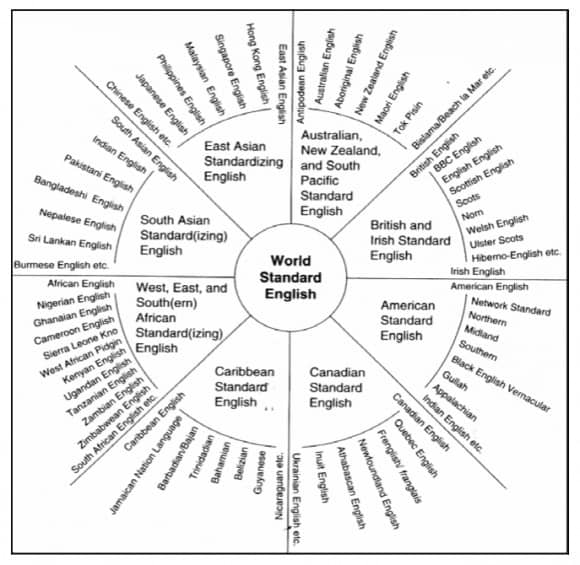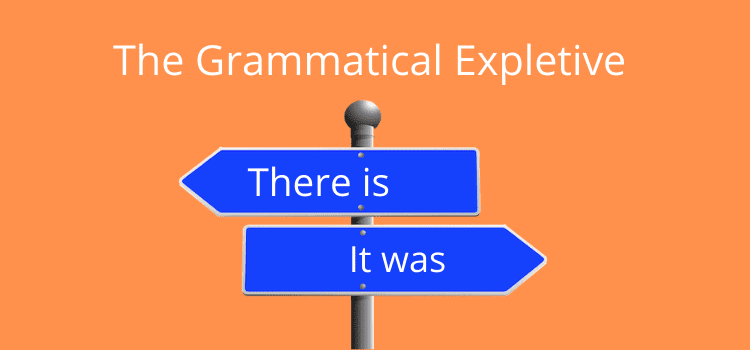
The present perfect tense and its aspects are used more often in British than US English.
It is one of the subtle distinctions between the two most spoken forms of English.
This is why a writer or author needs to be careful with the choice of tenses.
You need to maintain a consistent grammatical form, linguistic style, and voice.
Consistency of English forms
Look at the use of the present perfect and past simple in the following paragraph.
While I have only ever been to the United States five times, an American friend told me that he only went to Europe twice.
Although having had several enjoyable holidays in the South of the US, I didn’t travel at all to any of the Northern states.
He told me that I missed some of the best parts of the country, and I agreed that I probably had missed an opportunity.
We’ve kept in touch since.
He calls me on his cell, and I call him on my mobile.
You notice quite quickly the contrast of tenses between perfect and simple past forms.
Every phrase or clause in the example is correct. But mixing the tenses makes it awkward to read.
However, it’s a quick illustration of the differences in tense use between US and other forms of English.
The last line is an example of a simple vocabulary difference.
Simple past or present perfect?
US English uses the simple past more often to talk about life experiences.
Whereas in British English, the present perfect is almost always used to express similar notions.
It is because of its tense concept of unfinished time.
In the sense of experience, the unfinished time is the speaker’s life.
Also, in the small example above, the gerund form of the present perfect (having had) is less used in US English.
Yet, it is extremely common in British English, especially in writing.
Then, there are vocabulary and spelling differences. These two elements divide the two big English-speaking worlds dramatically.
More reading: The past perfect tense
The diversity of the English language
There are many differences between the most common forms of Standard English – US, British, Australian, South African, Canadian. and Indian.
However, there are many forms of Standard English, as this list on Wikipedia illustrates, as shown in the image below.

Standard English is not as standard as it sounds because English is far from standard.
What it means is that whatever form of the English language is used and accepted as a national norm in an English-speaking country, it is accepted as Standard English.
This encompasses all the language points of grammar, vocabulary, and spelling.
Another factor adding to the variations in the English language is in parts of the world where English is used widely but as a second language.
In Europe, in particular, the use of English is becoming quite normal.
However, it is evolving into a totally different form of English. This is because people using English in Europe have such a wide range of first languages.
I wrote a post on European English, outlining the variation in forms that are becoming accepted. However, European English is not a form of Standard English as yet.
If you have an interest in the evolution of European English, this English Style Guide produced by the Council of Europe is worth reading.
Summary
All of these different forms of Standard English pose a problem not only for writers but also for copy editors and proofreaders.
Maintaining one style or form of Standard English in a book or even a blog post is more difficult than you may think.
It takes a lot of effort to find errors and ensure consistency of use.
I have read several books in British English, only to find words such as realized and color in US spelling.
And then, in other chapters, they reverted to realised and colour.
Mixing forms of Standard English in writing, especially in spelling, is an annoyance and distraction for readers.
So, has your English writing been (present) perfect recently?
Related Reading: The Sentence Fragment, Run On Sentence And Compound Sentence
Share This Article



Perfect!